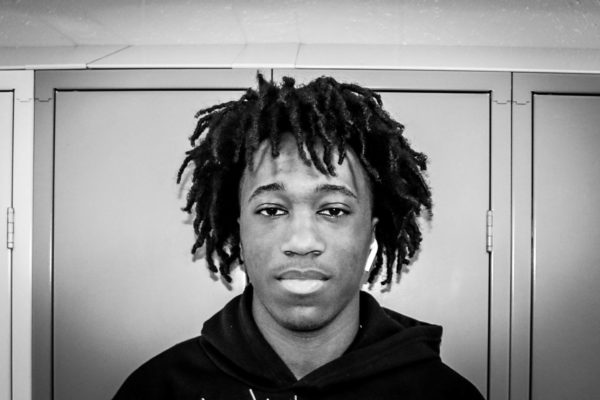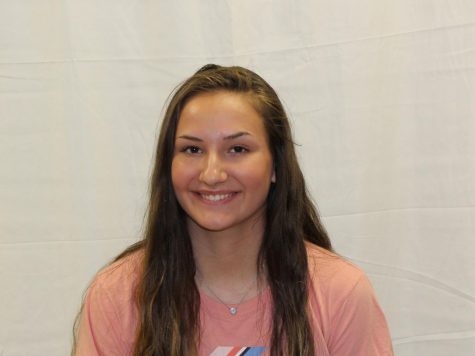The Feeney family has a history of presiding over courts.
Sisters Sophia (’23) and Madison (’21) reigned over Community’s basketball and volleyball courts, tallying up All-Conference honors year after year.
Mrs. Amy Feeney’s husband, Judge Charles Feeney III has served more than two decades on the bench of Illinois’ Eleventh Circuit Court.
Mr. Dave Feeney, Charles’ younger brother and Sophia and Madison’s father, has long been a fixture on the basketball court — as a high school standout for the El Paso Comets, for two years at Millikin University, as an assistant coach for the Illinois Wesleyan University Titans men’s basketball program.
This season, Coach Feeney, in his second stint at the helm of the girls basketball program, led the team to one of its most successful seasons in program history — setting the program win record at 31, winning back-to-back Regional titles and taking home the State Farm Holiday Classic title.
Come the basketball offseason, you’ll find Dave Feeney on a court of a different sort — pickleball.
A passion for pickleball ignited four years ago when a friend of Feeney’s served up the idea of giving the sport a try. A sport, Feeney said, he had “never even heard of.”
What began as a way to stay active in his 40s has transformed into something he says he takes “pretty seriously.”
That is probably an understatement.
“There are times,” Feeney said of his offseason schedule. “Where I’ll play before work. I’ll play afterwards. I’ll play every day of the week for a couple of hours. There are times where it’s crazy how much I play.”
Why?
Feeney is crazy competitive.
As a kid, everybody — including his coaches and teachers — all told him he was “too competitive.”
“I’ve always been driven by competition,” Feeney said.
Feeney’s competitive drive has led him to face some unexpected opponents on the pickleball court. That’s one thing he loves about pickleball — how diverse it is.
“The thing that’s really cool about pickleball,” Feeney said, “Is that different people can play.”
He’s competed against deaf players, learning to sign the score instead of saying it. Feeney, admittedly, isn’t a great student.
“They always have to teach me because I forget. We don’t play with them enough,” Feeney said, for him to remember the signs.
He’s played mixed-doubles.
In four decades, Feeney said, he’s never played two-on-two basketball “where there was me and a girl.”
“But pickleball?” Feeney said. “Absolutely.”
What’s a rarity on the basketball court is a regular occurrence on the pickleball court.
He plays with an opponent who has Parkinson’s, who uses the sport as physical therapy.
Playing pickleball everyday helps keep the man’s Parkinson’s symptoms at bay.
The constant practice has made him a formidable opponent.
“He’s really good,” Feeney said.
Staying competitive on the court can be “really hard,” Feeney said, as he attempts to balance his responsibilities as a husband, father, teacher and coach.
But while Feeney’s calendar has an impact on his competitiveness, his age doesn’t.
In pickleball, unlike other sports, Feeney said, age isn’t a factor. He plays with competitors in their 20s and faces foes in their 60s.
In pickleball, “you can do that,” Feeney said, “because there are so many different ways and styles of how you can play.”
“I’m 46,” Feeney said, “and I can compete alongside an 18-year-old and we can be competitive teammates. There’s not many sports where that’s the case.”
That’s what Feeney thinks has led to the sport’s recent surge in popularity, that “so many people can play.”
Even players Feeney’s age can pose a challenge for him. Take Jeff Mavros for example, father of Community sophomore Lily Mavros.
Mavros, Feeney says, is “an incredible athlete. He’s my age but I mean, he’s an incredible athlete — super quick, flies all over the court.”
Mavros, Feeney says, is a prime example of pickleball’s wide-variety of playing styles.
“You see somebody like that, and they play the game completely differently,” Feeney said.
“There are so many different ways to play,” Feeney continued. “You can play really athletic or you can play a game where you’re pretty much just going to be standing still.”
Every opponent is different, Feeney said, each offering a new challenge. They come with their own strategies, their own styles, their own unique spin on the game
They “are coming [from playing] tennis, from ping pong, coming in brand new, “Feeney said. “They all have a different strategy that they think should work.”
“And they can make it work,” Feeney said.
What works for Feeney? His defense.
While he isn’t as aggressive as some of the younger players and isn’t as fast as Mavros, Feeney is a self-described “strategic defensive” player.
“Good defense,” Mavros said, “keeps you in a lot of pickleball games.”
But Feeney isn’t just a good defensive player.
He is “incredible,” Mavros said.
Facing Feeney on the pickleball court for the first time, Mavros had “an epiphany.”
Feeney, Mavros said, “play[ed] the game in a way I’d never seen. While the rest of us tried to smash every other shot, Dave calmly and coolly chipped balls back into the kitchen over and over with incredible consistency.”
“Needless to say,” Mavros said, “he beat us badly, and we all learned a lesson that day.”
“[Feeney] has an uncanny ability to neutralize opponents. His reaction time, patience and intelligence are probably his greatest strengths, and they combine to make him one of the best players in town,” Mavros continued.
While his defensive play makes him one of the best in town, the game makes Feeney feel like a kid again. He is getting calls from friends asking, “Hey, can you play?” like when he was 10-year-old.
And just like when he was 10, he has to ask for permission.
But he’s no longer asking mom or dad — now Feeney’s asking his wife and family.


![Community honors longtime coach Mr. Bryan Thomas before Oct. 3 game [photo gallery]](https://nchsinkspot.com/wp-content/uploads/2025/10/Thomas-6-1200x1200.jpg)

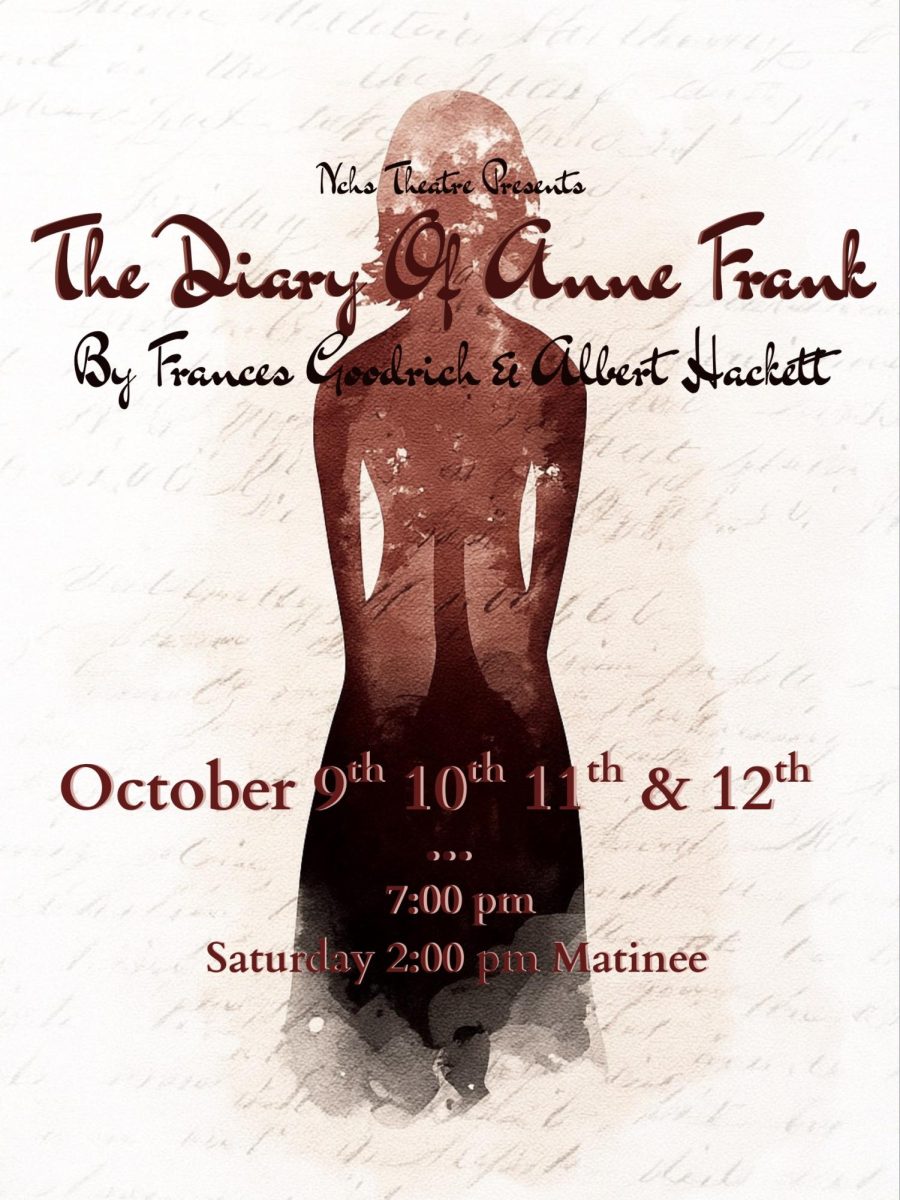

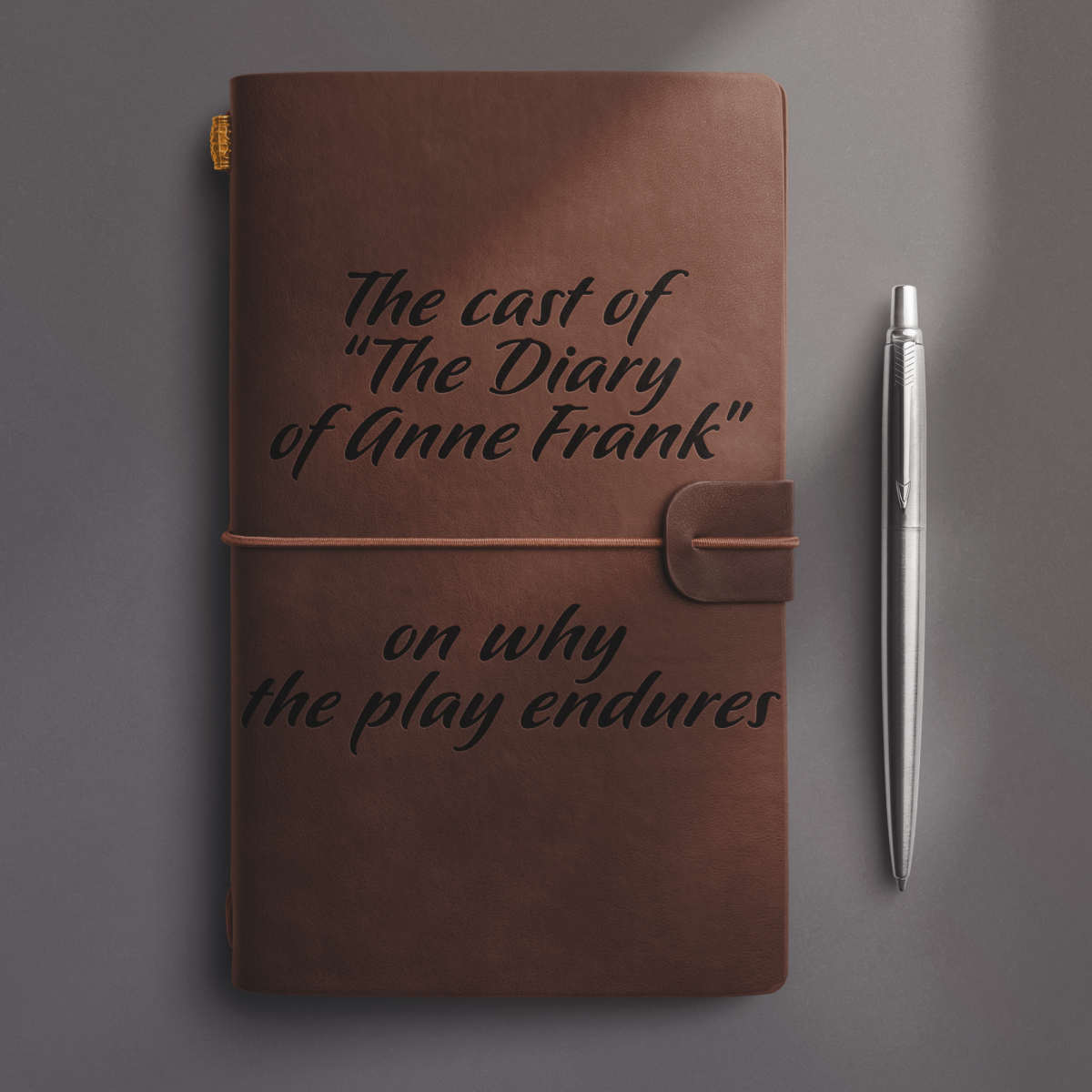



















![Week 9: Coach Drengwitz on Week 8’s win, previewing Peoria High [video]](https://nchsinkspot.com/wp-content/uploads/2025/10/W9_PeoriaThumb.png)
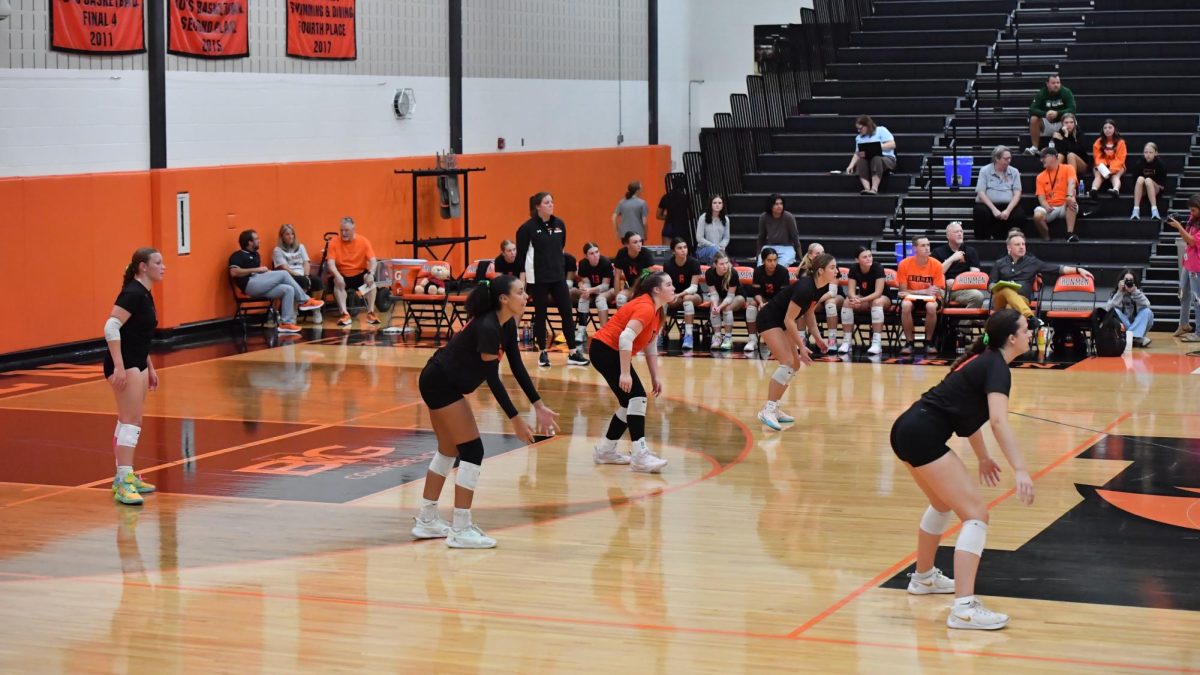
![Postgame: Drengwitz on Community’s 56-6 win over Champaign Centennial; staying unbeaten in Big 12 [video]](https://nchsinkspot.com/wp-content/uploads/2025/10/10.17_FBwChampCent56-6_POST_thumb.png)
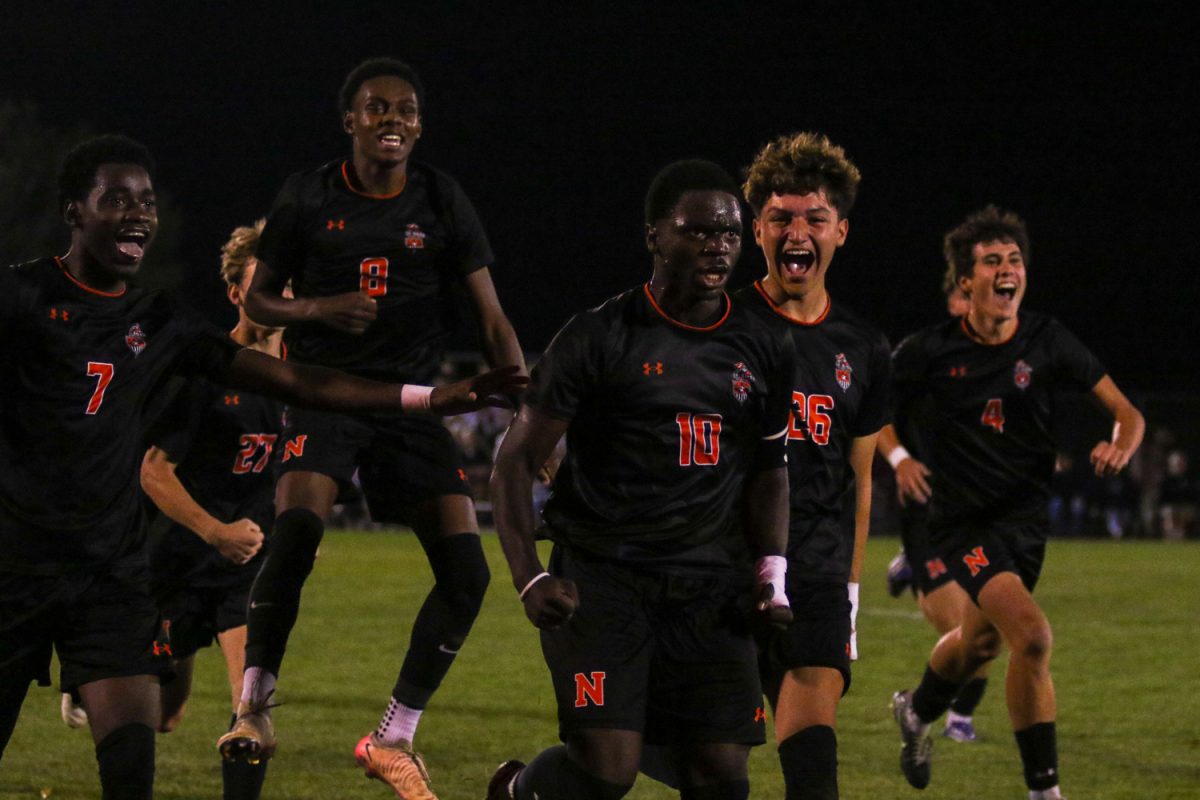
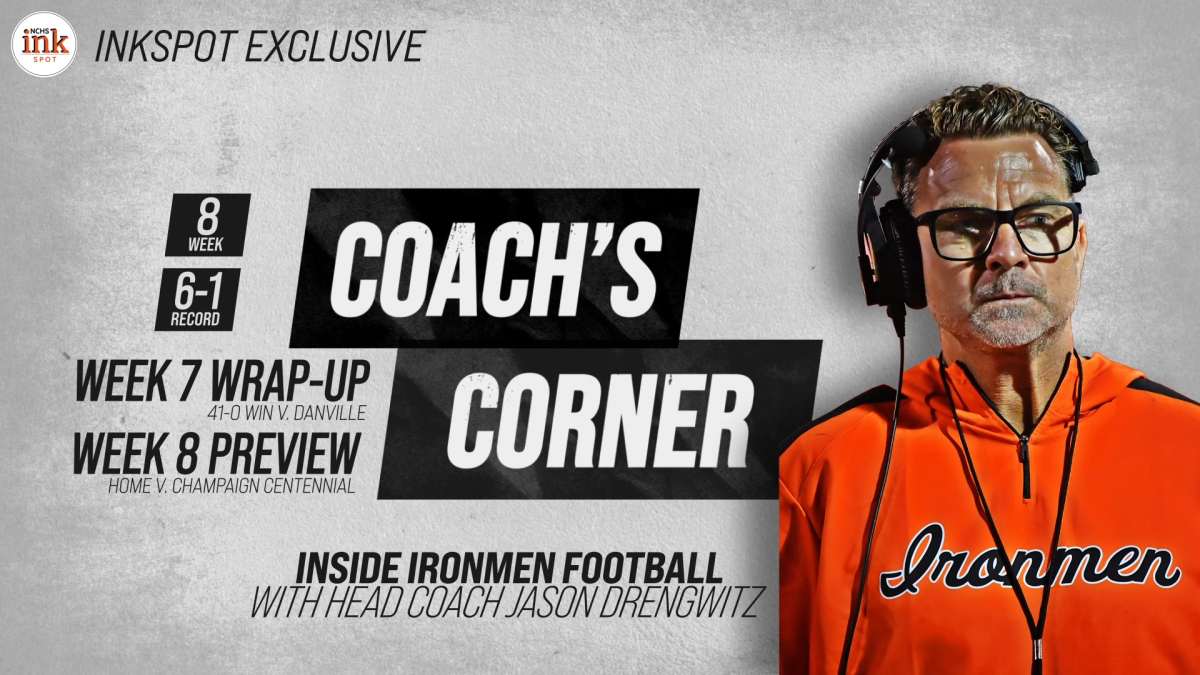





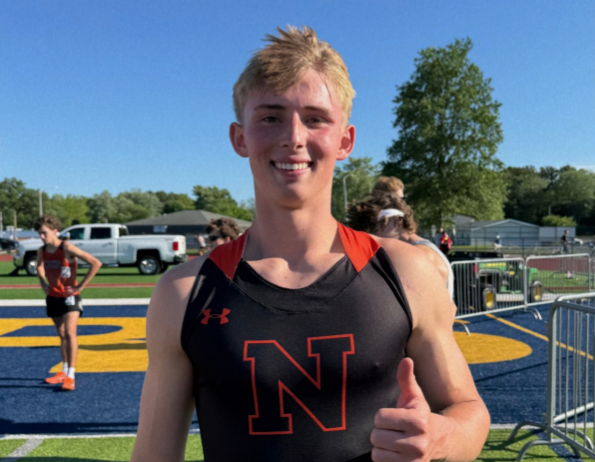
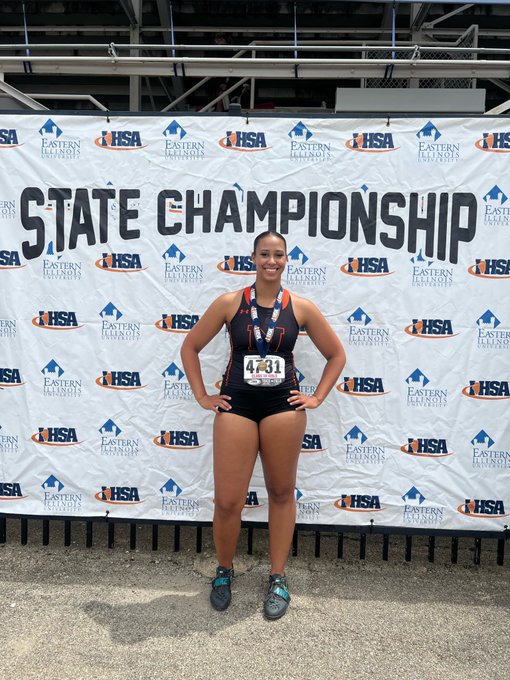
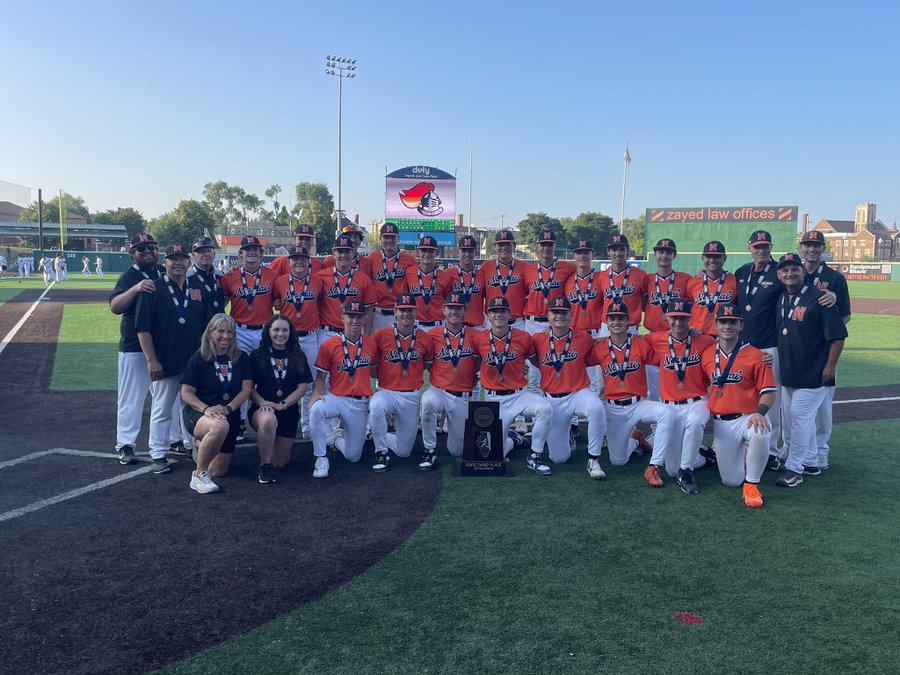








![Halloween candy cross section quiz [quiz]](https://nchsinkspot.com/wp-content/uploads/2022/10/Candy-cover-big-900x675.png)
![Average Jonah? [quiz]](https://nchsinkspot.com/wp-content/uploads/2022/05/average-jonah-900x600.png)







![[Photo Illustration]](https://nchsinkspot.com/wp-content/uploads/2025/09/trigger-words-1.png)















![Week 7: Coach Drengwitz recaps the Ironmen’s win over Bloomington, talks Danville [video]](https://nchsinkspot.com/wp-content/uploads/2025/10/Vikings-feature-Image-1200x675.png)
![Week 5: Coach Drengwitz previews the Ironmen’s matchup vs. Peoria Manual, recaps Week 4 [video]](https://nchsinkspot.com/wp-content/uploads/2025/09/Week-5-v-Rams-1200x675.png)
![On the Spot: This or That – Halloween [video]](https://nchsinkspot.com/wp-content/uploads/2024/10/tot-Halloween-YT-1200x675.png)
![On the Spot: This or That – Fall favorites [video]](https://nchsinkspot.com/wp-content/uploads/2024/10/ots-fall-web-1200x800.png)
![On the Spot – Teachers tested on 2023’s hottest words [video]](https://nchsinkspot.com/wp-content/uploads/2024/01/On-the-Spot-Teachers-tested-1200x675.png)








